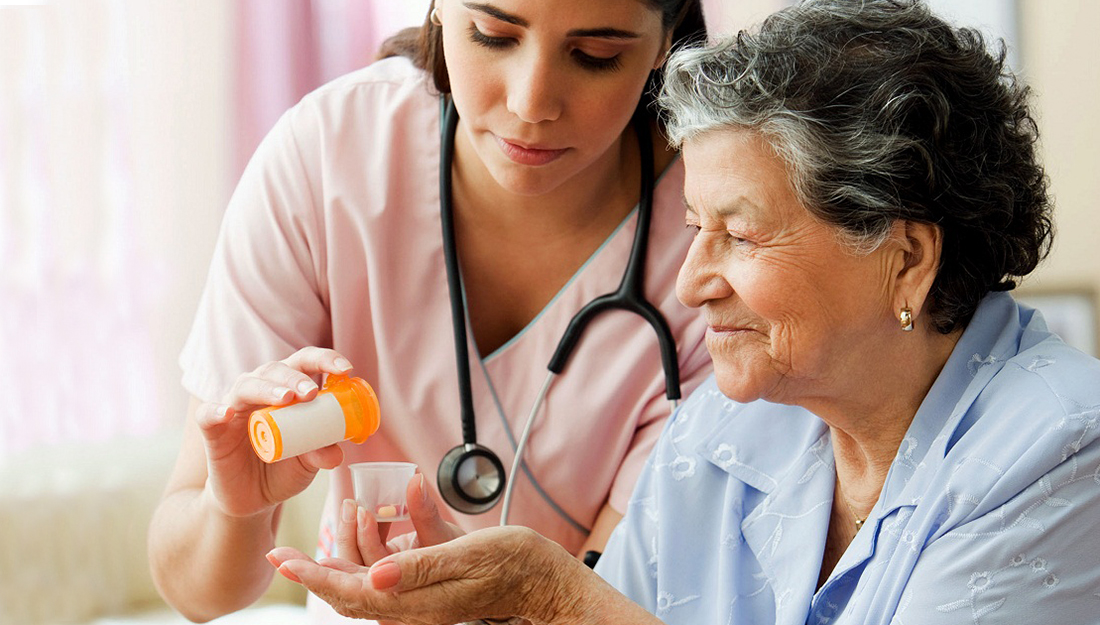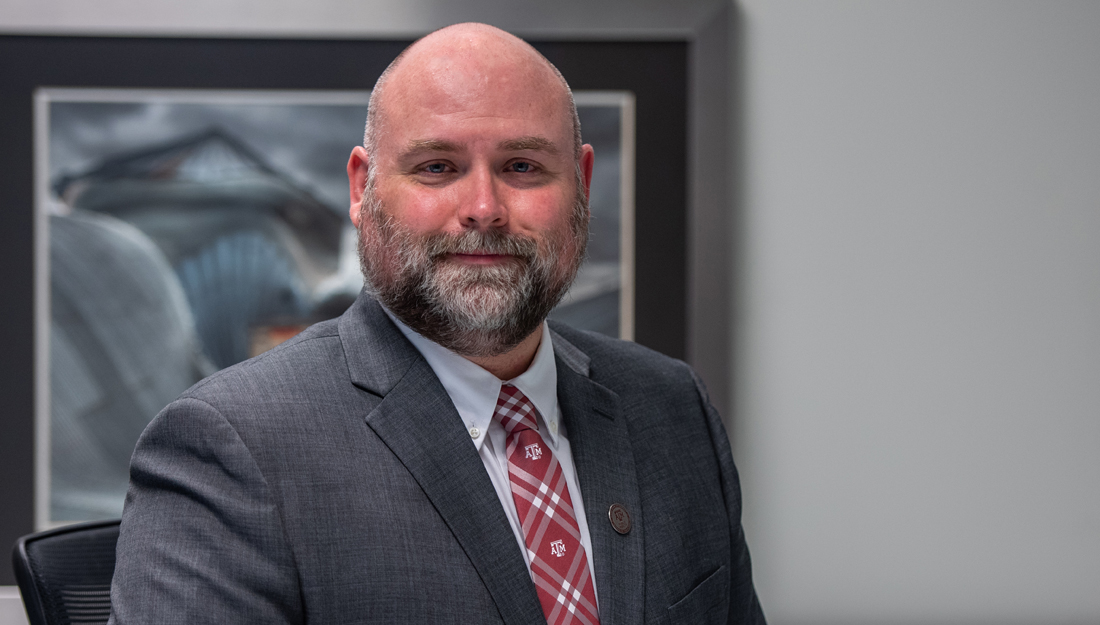Texas A&M System, Driscoll Children’s Hospital Announce Global Institute for Hispanic Health

The Texas A&M University System and Driscoll Children’s Hospital (DCH) recently announced plans to create a Hispanic health institute for clinical research and education programs that will focus initially on improving the population’s access to clinical trials.
The Texas A&M & Driscoll Children’s Hospital Global Institute for Hispanic Health — initially funded with $2 million — will be established at Driscoll Children’s Hospital in Corpus Christi. The reach of the program will include all of South Texas through DCH specialty clinics in Brownsville, Harlingen, McAllen, Laredo and Victoria; the university’s academic units; and outreach activities of Texas A&M such as its Colonias program and AgriLife Extension.
“Hispanics disproportionately suffer from hypertension, diabetes and cancer,” said John Sharp, Chancellor of The Texas A&M University System. “If they are to benefit fully from clinical research, we must consider the special needs of this population such as genetics, lifestyle, and risk factors while developing new drugs and life-saving therapies.”
Historically, women and minorities are under-represented in the nation’s clinical research but Hispanics are the most under-represented. A widely-quoted report by the U.S. Food & Drug Administration said several years ago that Hispanics represented about 16 percent of the U.S. population but only 1 percent of the clinical trial participants.
Even in the case of cancer, the leading cause of death among Hispanics, the National Cancer Institute estimates that Hispanics represent only 2 to 5 percent of the participants in its clinical trials.
Despite their growing population, the participation rate for Hispanics in clinical trials isn’t catching up, officials said, particularly in Texas where about 38 percent of the population — or more than double the national percentage — is Hispanic.
“We are making this investment because almost 4 in 10 Texans could benefit from greater research focused on the Hispanic population,” Chancellor Sharp said. “With Driscoll and Texas A&M’s one-of-a-kind reach in South Texas, we hope to change the landscape of clinical trials for Hispanics.”
Texas A&M, in coordination with Driscoll officials, will develop the professional cadre to provide staffing and management for this highly focused research program, while Driscoll will identify physicians, researchers, health providers and organizations interested in working with the Institute. Both adults and children will be served.
By working with some of the largest contract research organizations in the world, the Institute expects to expand its reach and impact beyond its initial investment and at the same time offer life-saving therapies years sooner.
“The collaboration between the Driscoll Children’s Hospital and the Texas A&M Health Science Center builds upon our commitment to transformational research and service to the state of Texas, specifically in South Texas,” said Texas A&M President Michael K. Young. “Texas A&M brings the strengths of its medical, dental, pharmacy and nursing schools, as well as its School of Public Health, to address these pressing global challenges.”
Loyd Neal Jr., Chairman of the Driscoll Children’s Hospital Governing Board, said Driscoll is grateful for the opportunity to partner with Texas A&M on this important initiative. “The health of our Hispanic population in South Texas is a top priority of the Driscoll Health System. This collaboration with Texas A&M will enhance our mission as we continue to lead in delivering quality healthcare to all South Texas children.”
The Hispanic Health Institute follows in the wake of other Texas A&M System initiatives such as Healthy South Texas, a pilot program focused on preventive health care for diabetes, asthma and infectious diseases.
“Driscoll Children’s Hospital and the Texas A&M System are well known for their service in healthcare, education and research,” said Sen. Juan “Chuy” Hinojosa. “The Global Institute for Hispanic Health is just the latest example of those institutions’ investment in a healthy South Texas.”
“This is another great initiative by two great organizations,” said Rep. Todd Hunter. “South Texas and the Coastal Bend will benefit with such fine partners in the health area.”
Media contact: media@tamu.edu


